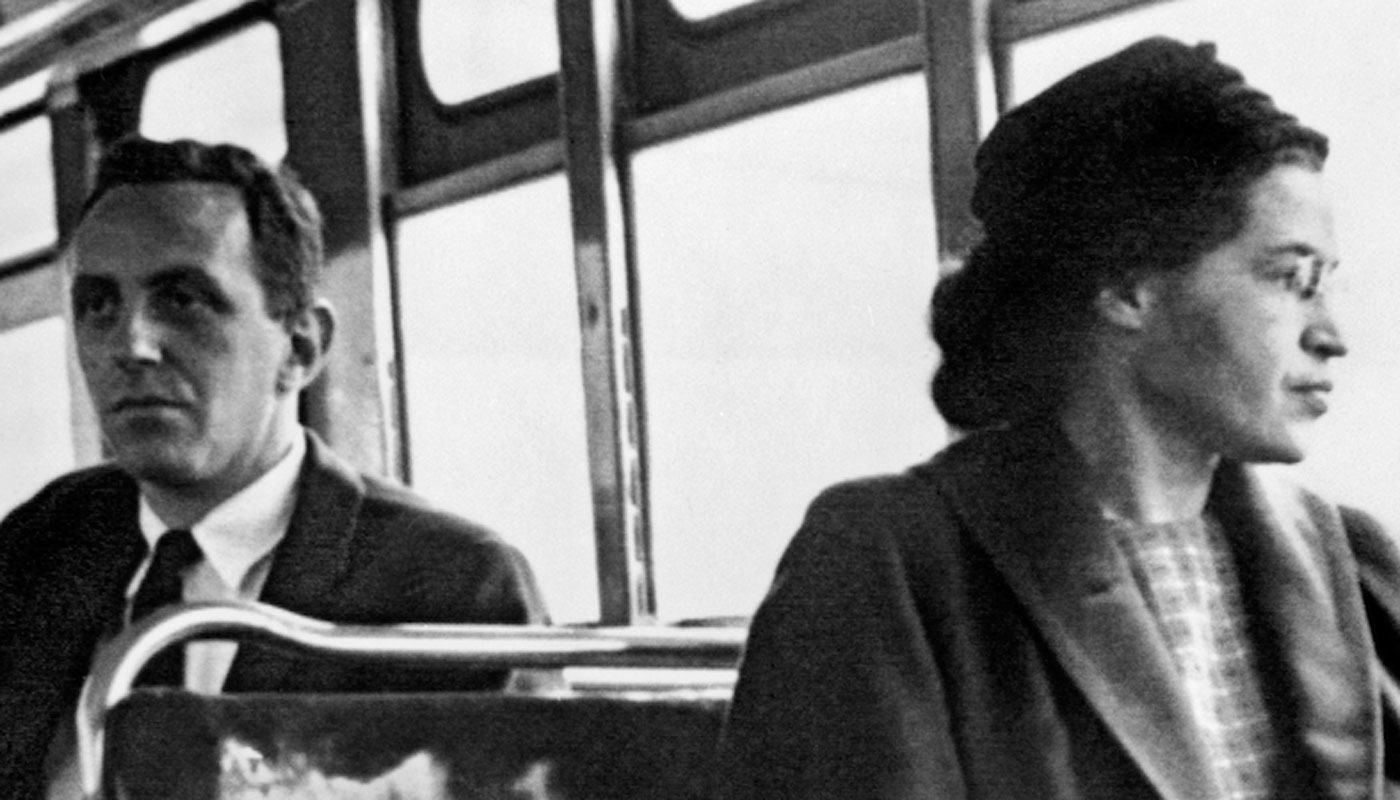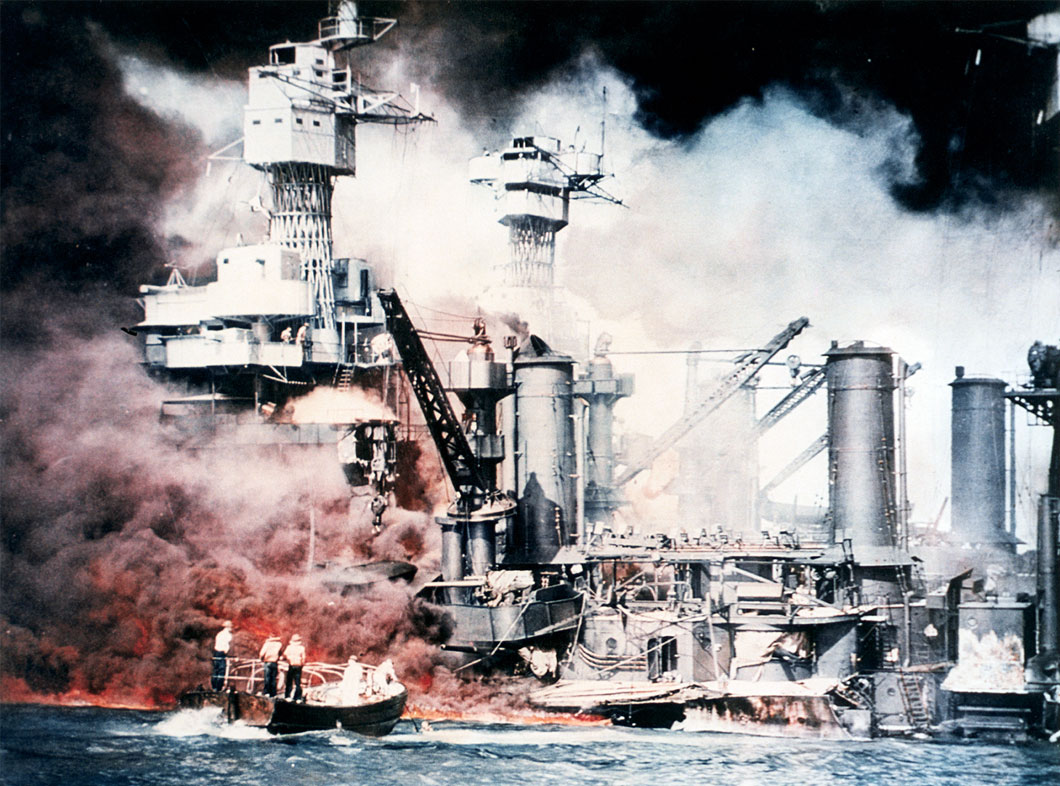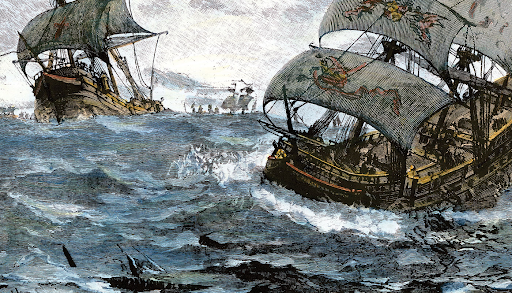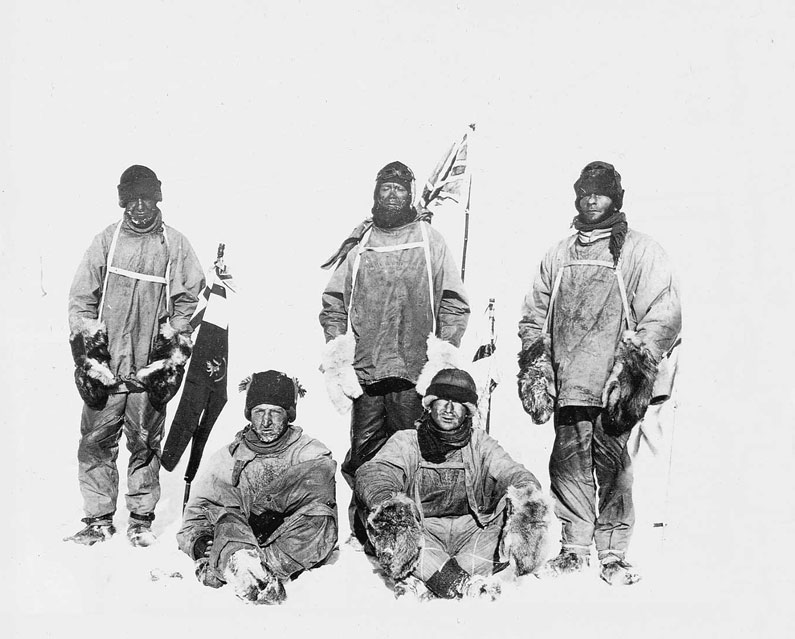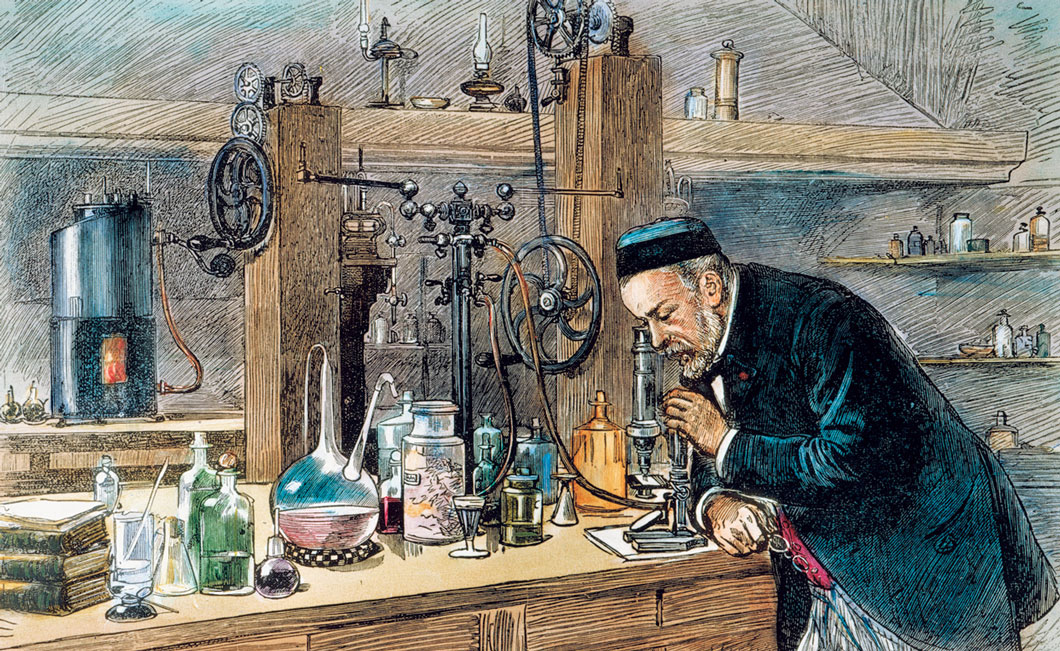Teaching December 2024
- November 25, 2024
- By KIDS DISCOVER
As the year winds down and the holiday spirit fills the air, December offers a unique opportunity to spark curiosity and creativity in the classroom. From exploring historical milestones to celebrating scientific achievements, this month is packed with opportunities for engaging cross-curricular lessons. Here are 7 Topics throughout the month of December to keep your students discovering!
December 1 – Rosa Parks Day
Rosa Parks’ refusal to surrender her seat on a Montgomery bus on December 1st, 1955, ignited the Civil Rights Movement and marked a pivotal moment in the fight for racial equality. To help students understand the significance of this historic action, visit our Rosa Parks Unit. This resource provides an engaging exploration of her courage, inspiring students to reflect on how far we’ve come and how far we still have to go.
December 3 – First Human Heart Transplant (1967)
On December 3rd, 1967, Dr. Christiaan Barnard completed the world’s first human heart transplant in South Africa, changing the landscape of modern medicine forever. The Heart Unit helps students understand the biology behind this monumental achievement and explores the advancements in organ transplantation that followed. It’s a great resource to connect students to both history and science.
December 7 – Anniversary of Pearl Harbor (1941)
Pearl Harbor’s attack on December 7th, 1941, changed the course of history, triggering the United States’ involvement in World War II. The event marked a dramatic shift in the global conflict. In World War II, students can examine the strategic significance of the attack and its lasting consequences, giving them the tools to understand how Pearl Harbor reshaped the future of the war.
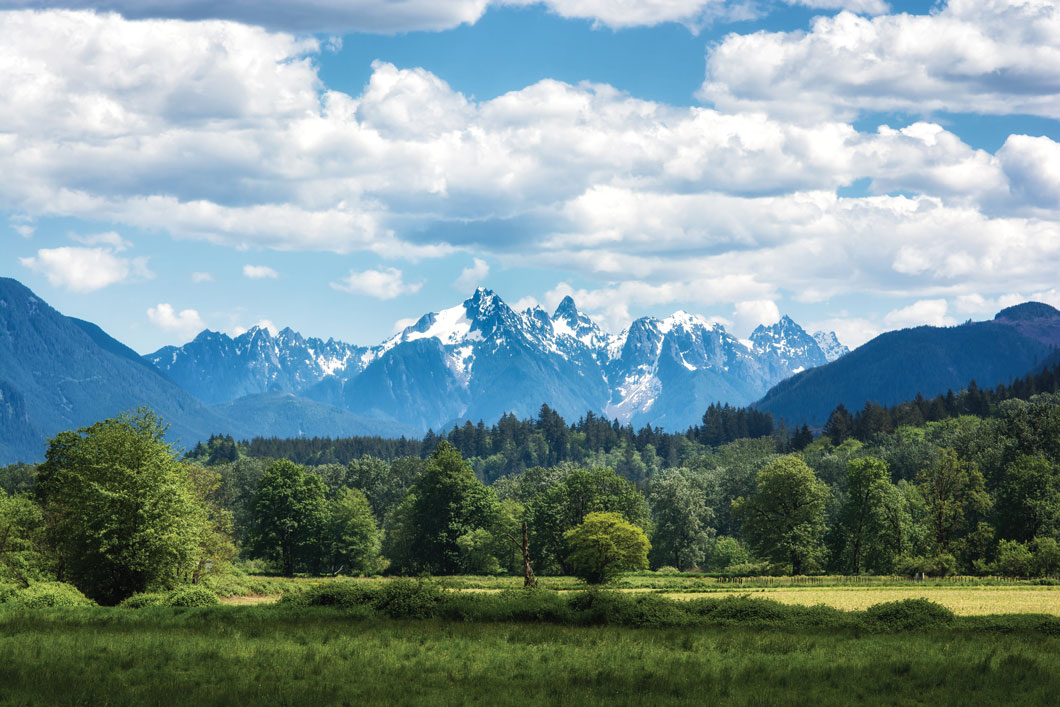
December 11 – International Mountain Day
Ready for a peak experience? Our Mountains Unit will help your students find out everything they ever wanted to know about these majestic formations to celebrate International Mountain Day. This covers how they take shape when the Earth’s crust buckles or a volcano explodes, to what happens to them as water and weather wear them away.
December 13 – Sir Francis Drake Sets Sails (1577)
In 1577, Sir Francis Drake began his legendary circumnavigation of the globe on December 13th. This expedition marked a pivotal moment in the Age of Exploration, as it contributed to the understanding of the world’s geography. Kids Discover Online’s Explorers and Maps and Mapmaking Units offer rich content for students to learn about the significance of Drake’s voyage and how explorers of the era used maps to navigate uncharted territories.
December 14 – First Explorer to Reach the South Pole (1911)
Over 100 years ago, the first team of explorers ventured for one of the farthest corners of the world by reaching the South Pole. Roald Amundson and his team may have been the first, but it has been a destination for research ever since. Learn more about Amuldson in our Racing to the South Pole Topic, one of seven that your future adventurers will love in our Antarctica Unit.
December 27 – Louis Pasteur’s Birthday
The fight against germs is as old as humanity. French researcher, Louis Pasteur, found that germs caused disease and discovered ways to combat them. In 1862, he invented pasteurization, which uses heat to remove germs from milk and other drinks. In our Germs Unit, your class can learn more about the man who saved countless lives with his works and about the History of the Fight Against Germs.
